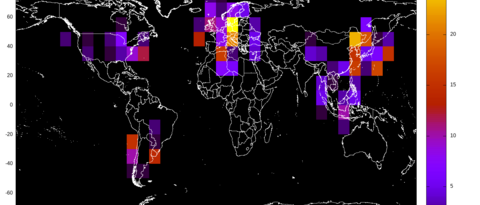
During the first activation of the APRS digipeater, 421 messages were forwarded. A complete success and another opportunity to support the worldwide amateur radio service through the SONATE-2 mission!
more
During the first activation of the APRS digipeater, 421 messages were forwarded. A complete success and another opportunity to support the worldwide amateur radio service through the SONATE-2 mission!
more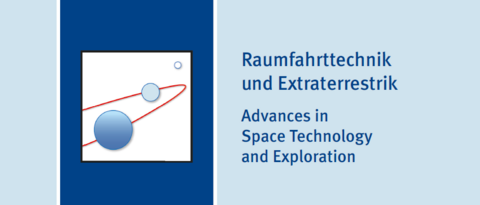
As a result of the SATEX study, a short report on the topic of extraterrestrials with small satellites was published on the publication platform of the University of Würzburg (Report language: German).
more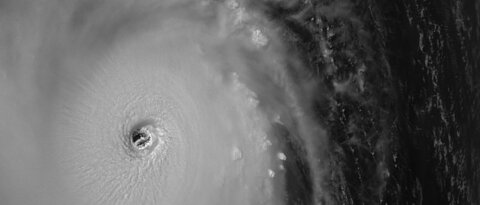
SONATE-2 has successfully observed Hurricane Beryl from orbit. The 6U+ satellite was able to record a sequence of high-resolution images in the NIR range (763-801nm) during a pass over the hazardous hurricane.
more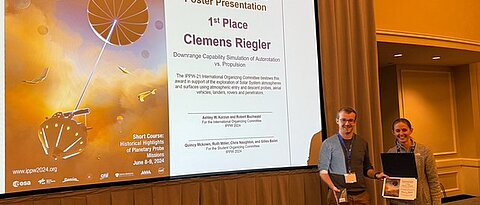
At IPPW 2024 the current developments for Entry, Descent and Landing from around the world were presented. Amongst them a contribution from our Lab that was recognized with an Award!
more
In five years' time, a large asteroid will fly very close to Earth – a unique opportunity to study it. Concepts for a national German small satellite mission are being examined at the University of Würzburg.
more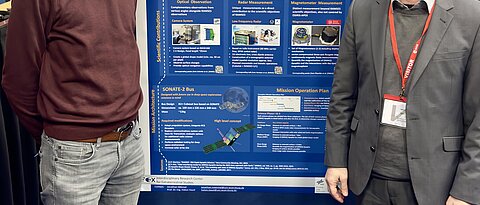
Poster for a German CubeSat contribution to the planned RAMSES mission presented at the Apophis T-5 workshop.
more